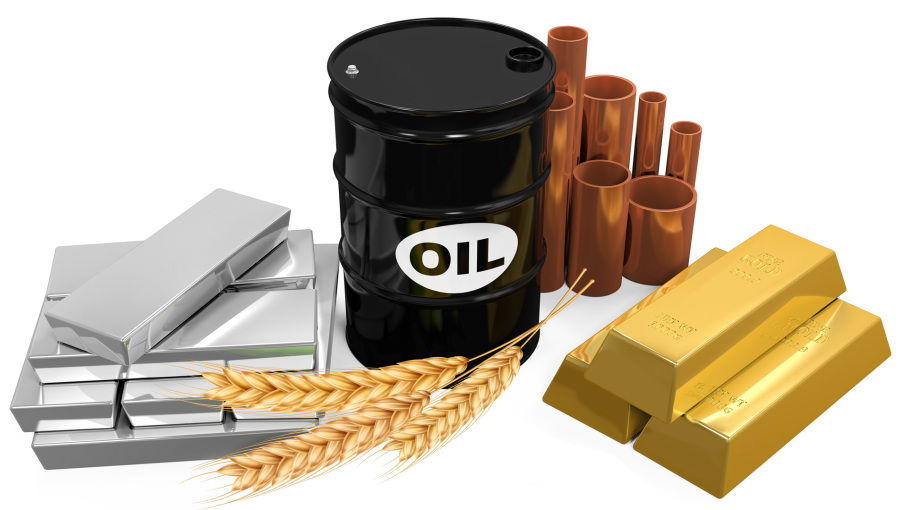Types of Investments
- Eliav Amouyal
- Dec 31, 2022
- 3 min read
Updated: Jan 16, 2023
Stocks

Stocks are company shares that can be purchased to gain partial ownership of a company.
Every second, stocks are bought and sold. They can be purchased through a broker (someone who purchases them for you) or you can purchase them yourself, all from your phone or computer. Investors purchase stocks when they anticipate a positive outcome for the company whose shares they own. The value of a company's shares can rise or fall, implying that the value of your money can rise or fall.
The S&P 500 is a stock market index. Since its inception, this index has averaged around 10% annual returns. It is a collection of the 500 stocks with the highest market capitalization. The index is a low-risk investment due to its diversification of businesses that are included in the index.
If you're willing to take a higher risk for a better annual return, you can purchase individual stocks yourself.
Warren Buffett, who is widely regarded as the world's best investor, has amassed a fortune of £88 billion, averaging around than 20% annual returns (more than twice the market’s annual return!)
Buffett has been able to achieve this high rate of return through a combination of careful stock selection, a long-term investment outlook, and a willingness to hold onto investments, even when they experience temporary setbacks.
Bonds

A bond is a debt made by an investor to a borrower (typically a corporation or government).
When you purchase a bond, you are effectively lending money to the borrower in exchange for a promise to repay the principal plus interest at a set rate and schedule.
Bonds are safer investments than stocks because they provide a fixed return.
Bonds offer lower returns than stocks since they do not have the potential for price appreciation.
Bonds come in a variety of forms, including corporate bonds, government bonds, and municipal bonds. Each bond type has its own set of risks and rewards, and investors must carefully consider these factors when deciding whether to invest in bonds.
Bonds do not compound. In the UK, over a ten-year period bonds yield 3.7% per year. This means that £1,000 invested in bonds would be worth £1,370, whereas the same amount of money invested in the S&P 500 would be worth more than £2,500!
Bonds are a low-risk, safe investment option, but the returns are very low when compared to other investment options.
Commodities

A commodity is a physical good that is bought and sold on financial markets. Commodities are typically raw materials or primary products that are traded in large amounts, such as, metals, energy sources and agricultural product.
Commodities are traded on commodity exchanges, such as the London Metal Exchange (LME) and they are often used as a hedge against inflation, as the prices of commodities tend to rise along with the overall cost of living.
Investors can trade commodities directly by buying and selling physical goods. Commodities are subject to many different factors that can affect their prices, such as supply and demand, economic growth, and geopolitical events. As such, investing in commodities carries a certain level of risk, and it is important for investors to carefully consider these risks before making any investment decisions.
Agricultural:
- Beef
- Wheat
- Coffee beans
- Sugar
- Eggs
- Cotton
- Anything else which is produced on a farm, and mainly used to eat
Energy:
- Crude oil
- Propane
- Diesel fuel
- Gasoline
Metal:
- Gold
- Silver
- Aluminium
- Steel
- Copper
Bibliography
Asmus, T. (no date) Symbol for positive trend, rising growth or positive earnings. there is..., iStock. Available at: https://www.istockphoto.com/photo/business-data-sheet-with-numbers-prices-and-positive-percentage-changes-and-a-rising-gm1346957927-424581127 (Accessed: January 16, 2023).
Cannon, C. et al. (2017) Bloomberg billionaires index, Bloomberg.com. Bloomberg. Available at: https://www.bloomberg.com/billionaires/profiles/warren-e-buffett/#xj4y7vzkg (Accessed: January 16, 2023).
Fernando, J. (2022) Bond: Financial meaning with examples and how they are priced, Investopedia. Investopedia. Available at: https://www.investopedia.com/terms/b/bond.asp (Accessed: January 16, 2023).
What is a commodity? (no date) Commodity Definition: What is a Commodity? | CMC Markets. Available at: https://www.cmcmarkets.com/en/trading-guides/what-is-a-commodity (Accessed: January 16, 2023).


Comments